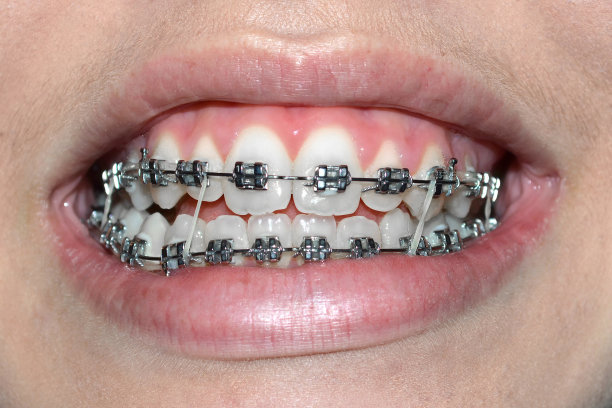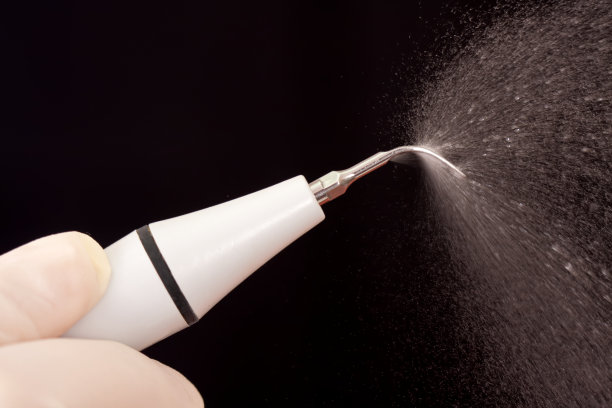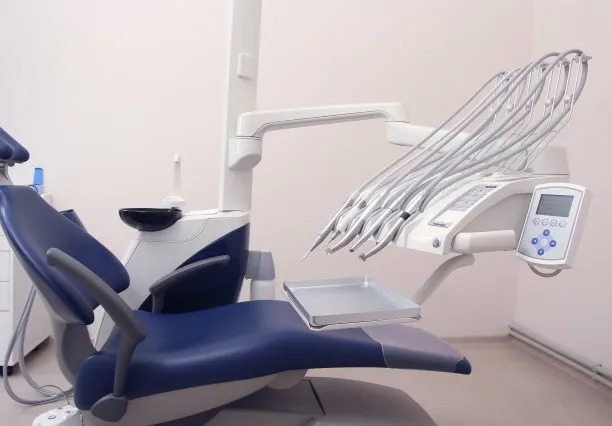Summary: Periodontal disease is a critical oral health issue that affects millions worldwide. Understanding the prevention and treatment strategies is essential for maintaining optimal oral health. This article delves into the key aspects of periodontal disease, focusing on effective prevention methods, treatment options, the role of regular dental visits, and the importance of lifestyle changes. By addressing these components, individuals can equip themselves with the knowledge necessary to combat periodontal disease effectively and ensure lasting oral health.
1. Effective Prevention Strategies Against Periodontal Disease

Prevention is the cornerstone of maintaining optimal oral health, particularly in managing periodontal disease. One of the vital prevention strategies includes a rigorous oral hygiene routine that involves brushing twice a day and flossing daily. This routine helps remove plaque, a sticky film of bacteria that can lead to gum inflammation and periodontal issues.
In addition to regular brushing and flossing, the use of antimicrobial mouthwashes can significantly decrease the bacteria in the mouth. These mouthwashes help to reduce plaque and gingivitis, making them a valuable tool in preventing periodontal disease. Its also advisable to replace your toothbrush every three to four months to ensure optimal cleaning.
Diet plays a crucial role in oral health as well. Consuming a balanced diet rich in vitamins and minerals, especially vitamin C and calcium, strengthens the immune system and supports gum health. Limiting sugary foods and beverages can also mitigate the risk of developing gum disease.
2. Understanding Treatment Options for Periodontal Disease
When periodontal disease is diagnosed, various treatment options are available that cater to the severity of the condition. The first line of treatment is often non-surgical and involves professional dental cleanings. These cleanings aim to remove tartar and biofilm from the teeth and beneath the gums, thereby halting the progression of gum disease.
For more severe cases, scaling and root planing may be necessary. This non-surgical procedure involves deep cleaning below the gum line, smoothing the roots of the teeth to discourage further plaque buildup. This treatment helps restore the health of the gums and prevents further damage to the bone structure.
In advanced cases, surgical treatments may be required. Options such as flap surgery or bone grafts can help restore the oral cavitys structure, especially when severe damage has occurred due to periodontal disease. A dentist or periodontist will determine the best course of action based on individual conditions.
3. Importance of Regular Dental Visits
Regular dental visits are paramount in the prevention and management of periodontal disease. Dentists can monitor oral health closely, providing early detection of issues that may arise. Frequent check-ups, typically every six months, allow for professional cleanings that help mitigate plaque and tartar buildup that regular brushing and flossing might miss.
Moreover, during these visits, dental professionals can educate patients about their oral health status and provide personalized guidance on improving their dental hygiene practices. They can address any concerns regarding techniques, products, or habits that may lead to periodontal disease.
Additionally, dental professionals can conduct necessary screenings for gum disease. By utilizing specialized tools, dentists can assess gum health and measure pocket depths around teeth, helping identify any problems at an early stage when they are more easily treatable.
4. Lifestyle Changes that Impact Oral Health
Lifestyle choices significantly influence oral health and can either contribute to or help prevent periodontal disease. Smoking, for instance, is a leading risk factor for periodontal disease, as it weakens the bodys immune response to infections in the gums. Quitting smoking can greatly improve gum health and reduce the risk of developing severe periodontal conditions.
Stress management also plays a role in oral health. High-stress levels can lead to teeth grinding or clenching, which may damage the gums and teeth, further complicating periodontal health. Implementing stress-reduction techniques such as meditation or exercise can have positive effects not just on mental health but on oral health as well.
Lastly, proper hydration is crucial for maintaining oral health. Drinking sufficient water helps wash away food particles and bacteria, reducing the risk of plaque buildup. This can support gum health and contribute to overall oral hygiene.
Summary:
In conclusion, understanding periodontal disease and implementing preventative and treatment strategies play a pivotal role in maintaining optimal oral health. A combination of effective oral hygiene, regular dental visits, informed lifestyle choices, and adhering to treatment protocols can significantly reduce the risk of periodontal disease. By taking these proactive steps, individuals can safeguard their oral health and enhance their quality of life.
This article is compiled by Vickong Dental and the content is for reference only
Vickong Dental
Vickong Dental is a large medical group established in Hong Kong in 2008 by professors from well-known medical universities in Guangdong and Hong Kong, as well as medical doctors from key national '985' universities (including Master's supervisors and senior professors). The chain of branches brings together expert dentists with PhDs and Master's degrees from Hong Kong and Mainland China, committed to providing high-quality dental treatment.
"Vickong Dental Practices the University Motto of 'Healing and Serving Society,' with a Stable Operation for Sixteen Years. It Has Been honored with Hong Kong Enterprise Leaders's Choice,' and is a Global Trusted Implant Center for the Nobel Implant System. Recommended by Hong Kong Metro Broadcast and Guangdong Television, it Serves Customers from Over Thirty Countries and Regions, Gaining the Trust and Favor of Citizens from the Guangdong-Hong Kong-Macau Greater Bay Area and Surrounding Cities.

Thousands of customers' unanimous praise
The most recognized and highly recommended dental service by customers in the Guangdong-Hong Kong-Macau Greater Bay Area
We Ensure You Receive Detailed Care and Attention Here
Hong Kong standards, Shenzhen prices, Your Trusted English-speaking dentists

Vickong Dental Medical-Grade Instrument Disinfection Process
Vickong Dental Medical-Grade Instrument Disinfection Process

Vickong Dental Chain: A Warm and Comfortable Environment for Treatment






Appointment Hours

Q&A
Why choose Vickong Dental?
Vickong Dental practices the university motto 「Medicine to Benefit Society」, with each branch bringing together highly qualified dentists with doctoral and master’s degrees from Hong Kong and the Mainland, and has maintained seventeen years of steady operation。Recipient of 「2024 Hong Kong Enterprise Leaders Brand」, 「2025 Hong Kong Enterprise Leaders Brand」, a Nobel Biocare Global Trusted Implant Center, and a brand recommended by Metro Radio Hong Kong and Guangdong TV。
To date, we have served customers from more than thirty countries and regions,earning exceptionally high word-of-mouth recognition and trusted recommendations from residents across the Guangdong-Hong Kong-Macao Greater Bay Area and surrounding cities
We have eight major branches in Zhuhai、Shenzhen,and a consultation and service assurance center in Hong Kong,so you can book a free consultation at any time for any questions,which is very reassuring.
If I do not accept the quotation after the CT scan, will I be charged??
No! As long as the actual treatment has not started, you will not be charged any fees.
Will there be any additional charges during the treatment process?
No, there won’t be any additional charges. Before treatment begins, we will clearly explain the treatment plan and its corresponding fees. Only after the patient agrees and signs the consent form will we proceed with the dental service.
Can I pay in Hong Kong dollars?
Yes. Vickong Dental accepts payment in Hong Kong dollars. The amount will be converted based on the exchange rate of the day, and the applicable rate will be clearly communicated to you in advance.
Can I reschedule my appointment at any time?
Yes. Please contact us via **WeChat** or **WhatsApp** as early as possible, providing your original appointment time and details, along with your preferred new date and time slot for rescheduling.













